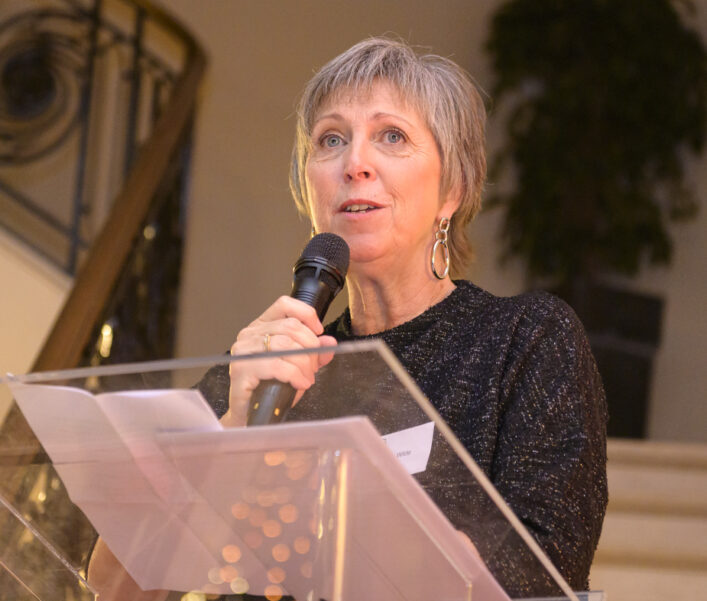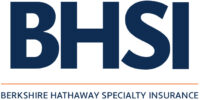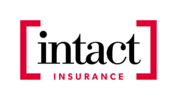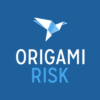Why are you leaving BELRIM?
Ann De Wilde: With the arrival of a new chairman Bart Smets in June 2024, I see this as an opportune moment. I am now 64 and have worked for more than 30 years. Actually, I want to decide for myself when it is time to stop and not let it depend on others to come and tell me it has been good. My successor, Karla Sellekaerts now gets the chance to take things in a new way. With the rise of AI, I think some of the work I used to do will be able to be taken over very quickly. That is, it will free up time to do other things and think more strategically.
Have you always been active full-time at BELRIM or have you been active in other areas?
Ann De Wilde: The last six years I have been doing the job full-time, before that I always combined it with my main job. By training, I am a teacher of Dutch, English and German, and during my career I worked as an assistant and translator for an international company and was also active in teaching. However, I have always continued to learn, earning a master’s degree in translation and a postgraduate degree in coaching. But over the years, I have also studied risk management, without having been active in it myself. And all this has helped me in the numerous events we have organised at BELRIM. It also enabled me to address a group and work with different people. After all, the directors and members were constantly changing and each chairman had his or her own style. It is essential to be able to interact with everyone and get the best out of them. After all, the work at BELRIM is done on a voluntary basis, which means I have to take into account their time, motivation and space to contribute. Diplomacy is crucial here because otherwise the cooperation will not last.
How have you seen BELRIM evolve over the years?
Ann De Wilde: In the beginning, we had 15 members and had paper newsletters that we sent to our members and were inspired by newspaper clippings. Then the organisation gradually professionalised and the focus improved. A real gamechanger was COVID because we switched to online events very quickly and were able to increase the dynamism in the organisation. On top of that, directors no longer had to travel for board meetings, so they could be organised on a much more regular basis without too much impact on our people’s agenda. For me personally, my job became much more interesting under Michel Vereecken’s mandate as general secretary from 2012. I was given a say and could put my money where my mouth was. Before that, management was more ‘old school’ where I only had a purely supporting function. Nevertheless, I can say that over those 35 years I have always been able to learn and that is why I have always stayed.
Are you satisfied with how the organisation looks today?
Ann De Wilde: Certainly, today we have a total of 350 members including Young BELRIM and the affiliated members and sponsors we didn’t have before. This has always allowed BELRIM to grow. Thanks to the sponsors who support BELRIM on a regular basis, we now also have a clearer financial overview and can expand more. In addition, the organisation has always been able to adapt in several areas. Firstly, to changing risks such as cyber, for example. We always keep our finger on the pulse so that we can respond quickly with our events. We ask our members and sponsors what the biggest risks or concerns are for them, and depending on that, BELRIM draws up its programme for the next year. Secondly, we have also built a very balanced association where not only risk managers are members but also insurers and brokers and in this we are progressive.
How did BELRIM actually come into being?
Ann De Wilde: The organisation originated with a group of people who were dealing with the insurance portfolio at large industrial companies. And they wanted to have a lobby against the insurers because they were so strong. They were the insurers’ customers and wanted to be able to make a fist. And that’s how that grew. In contrast, the risk manager function emerged very slowly.
BELRIM wants to focus on SMEs in the coming years. Why exactly?
Ann De Wilde: At one point we saw that a number of members dropped out. And that was because big companies merged or were taken over. We also saw that when an acquisition took place, risk management was transferred abroad and suddenly we had lost a risk manager. So we had to look for other companies and we ended up with SMEs. And if we are honest, Belgium is actually an SME country.
How does BELRIM compare with sister organisations from abroad?
Ann De Wilde: We are the only association that organises so many activities for its members, although we are certainly not the largest organisation in Europe. We are only a small player compared to the French AMRAE, which employs 11 people, and the British AIRMIC. If you compare us to the Dutch association, for example, which has about the same number of members, the difference is huge. The Dutch NARIM, for instance, organises only one big event a year for its members. The fact that we are so active is something we can rightly be proud of. And that is because we work with two systems. On the one hand, we have our regular pubs, our online events, which we started during covid, and on the other hand, our monthly live events where there is always an important networking drink attached.
Why is such a drink important?
Ann De Wilde: A drink is important because it creates a strong cohesion between the members and few organisations have this. I hope my successor will continue to tap this nail as well. People get to know each other well this way, so they can talk openly about their
problems and exchange experiences. That works really well. Nothing extra often happens at an event if it only sticks to one speaker and then everyone goes home. Moreover, in recent years I have often been asked by members to whom I could refer them for a particular
problem. Ultimately, keeping the connection between members alive has also been an important part of my role.
What are the most important lessons you take away with you after 35 years of BELRIM?
Ann De Wilde: That human contact in risk management is extremely important. And secondly, that your IQ alone is not enough: EQ is equally important to function well in that job. I also learned that every chairman and team member has their own personality. In my job, I learnt to deal with all these different personalities, which in itself was sometimes a challenge.
What is the biggest difference between BELRIM before and now?
Ann De Wilde: Two things stand out immediately: feminisation and Young BELRIM. At the beginning of BELRIM, the club consisted only of grey men in dark suits. And I wondered what kind of man’s world I had entered. And that has really evolved enormously today, and that is also clearly visible at our events and on our Board. What still strikes me is how little attention women get in the industry and that is one of the reasons why we started the ‘Ladies Mind Risk’ event. Young BELRIM, for its part, is also an important novelty. We have integrated this within our association because we think this is a fish pond for later.
How do you view Young BELRIM today?
Ann De Wilde: The younger members currently do not yet form an independent community while the threshold to participate in our events is still too high for many. That is why it is important for them to build their own community first, where they can organise activities to
get to know each other better. However, this process is not easy. They have to find their own way. Besides, the values of the new generation are no longer quite the same as those of the previous generations, and risk management must also respond to this. Besides, soft skills are becoming more important in the industry because many of those hard skills will be taken over by AI.
And how do you see the role of risk manager evolving?
Ann De Wilde: I think the role of risk manager will become more and more important. In my opinion, and I could be wrong, the risks that are coming are of a completely different order than those of 30 years ago. They are much harder to encompass and much more global, making cooperation both in Belgium and internationally more important. I am thinking of cyber and geopolitical risks that are linked. By the way, I think risk management is something that a company has to be constantly engaged with. So the role of FERMA, the European
umbrella organisation, is only going to increase, while contacts with other associations will become paramount. By the way, I have urged FERMA to consult more between the associations and see how our associations are running, what topics need to be addressed, and what is on everyone’s mind so that we can get a better idea of it. This does happen at the presidents’ level but not so much at the executive level.
Meanwhile, does every risk manager know BELRIM?
Ann De Wilde: No, that’s something the association needs to keep working on, on its notoriety. We are also the association of risk management, not of risk managers. And that’s important because there are also companies that don’t have a risk manager or don’t have
anyone with that title but do employ someone who deals with risk and insurance management. So that could be the CFO or someone from the legal department, for example. That should definitely be highlighted, especially to SMEs.
So is your story on risk management completely over?
Ann De Wilde: No, today I am ambassador in Belgium for Club FrancoRisk. This association was founded ten years ago with the aim of uniting and supporting French-speaking countries in the field of risk management and insurance. Over time, it has particularly focused on Africa, where there is a huge need for risk management associations: either they have been established but inactive, or they have not yet been established. My role as ambassador will be to highlight the need for risk management in the African countries represented in Belgium, introduce myself and the Club FrancoRisk, and connect people. I will also make my expertise available to run a risk management association. A Risk Management Association has recently been established in Congo, and I recently went to Kinshasa to make my contribution. We will see what comes out of that.
Besides Club Franco-Risk, what else is on the agenda?
Ann De Wilde: My husband and I are going to India for a month in February, which I am very excited about. Travelling is high on my list of priorities, and I love going to Africa every now and then for interesting projects. I also really enjoy reading and writing, so I certainly won’t be bored. The challenge for me is to get my priorities right and limit my activities. My only problem is that when I focus on something, I want to be fully committed. This has both its benefits and challenges, so I have to make sure I take good care of myself as well.









